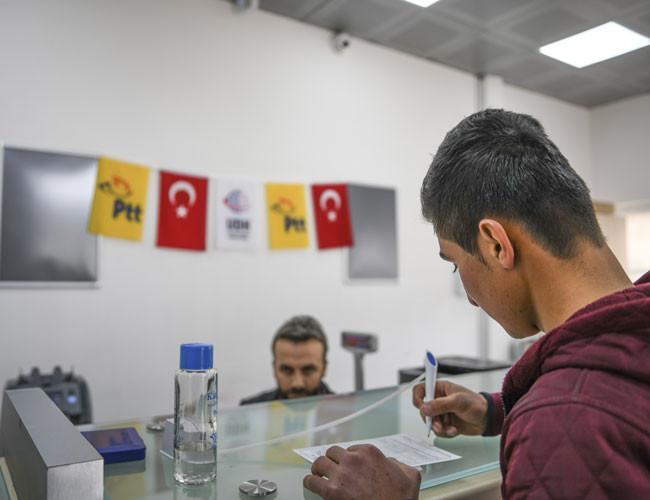Private Pension System to be compulsory in Turkey
Noyan Doğan - ISTANBUL

The New Economic Plan (YEP) presented by Treasury and Finance Minister Berat Albayrak on Sept. 20 includes changes in the regulation of the Private Pension System (BES), making wage earners obliged to stay in the plan for three years.
“The regulation stipulating the automatic inclusion of workers in BES by their employers will be restructured to be more sustainable,” read the new economic plan.
BES, which was effective in 2017, envisages the automatic inclusion of all Turkish wage earners younger than 45 within the system by their employers. Workers who do not want to be a part of the system were able to exit during a two-month period and their savings were returned.
The contribution margin of the employee is equal to about 3 percent of the actual premium yield. The cabinet will be able to double this amount, decrease it to 1 percent or put a fixed limit on the contribution margin.
Within the system, nearly 100 billion Turkish Liras (around $16 billion) of additional resources are expected to be created over the next decade with an expected participation of nearly 6.7 million people.
However, after the system went into effect, 60 percent of 12 million workers included in the system exited the plan willingly, urging the government to make it a regulation.
Under the new economic plan, employees will be obliged to stay within BES for three years without exiting. The monthly insurance premium will be deducted from the monthly salaries of wage earners and given to insurance companies.
Turkey reinsurance pool to be formed
Under YEP, a reinsurance pool will be established, easing access of some companies, which had been labeled as “risky” to the insurance system.
Albayrak had already signaled for the establishment of a reinsurance model in August and said there would be a pool.
Companies in certain sectors, such as ginnery operators in the textile industry or dye and chemical plants, have been voicing their discontent about their difficulty in reaching the insurance system stating that insurance companies are labeling them as “risky.”
They state companies will either not insure them or charge them with expensive insurance premium payment models.
With the new model, the reinsurance pool will provide companies easy and cheap access to the insurance system.
The pool will be managed by the Natural Disasters Insurance Authority (DASK).
















